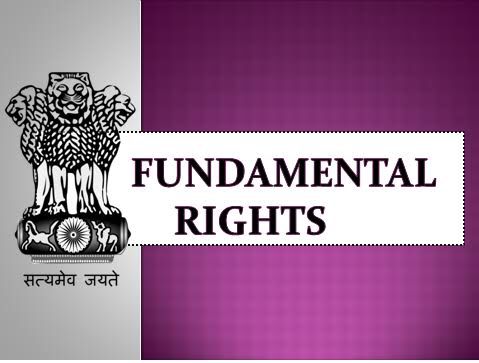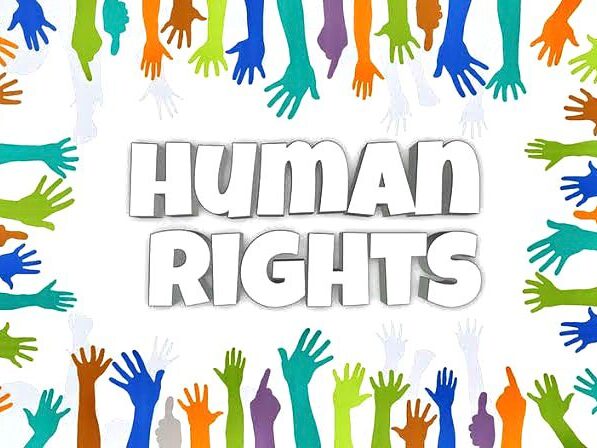Mutual Divorce: A Voluntary Path to Separation
Divorce is a challenging and emotional process, often marked by conflict and bitterness. However, in recent years, a more amicable approach called mutual divorce has gained popularity. Mutual divorce offers couples an opportunity to separate in a cooperative and mutually agreed manner, avoiding lengthy court battles and reducing emotional distress. In this blog, we will …









